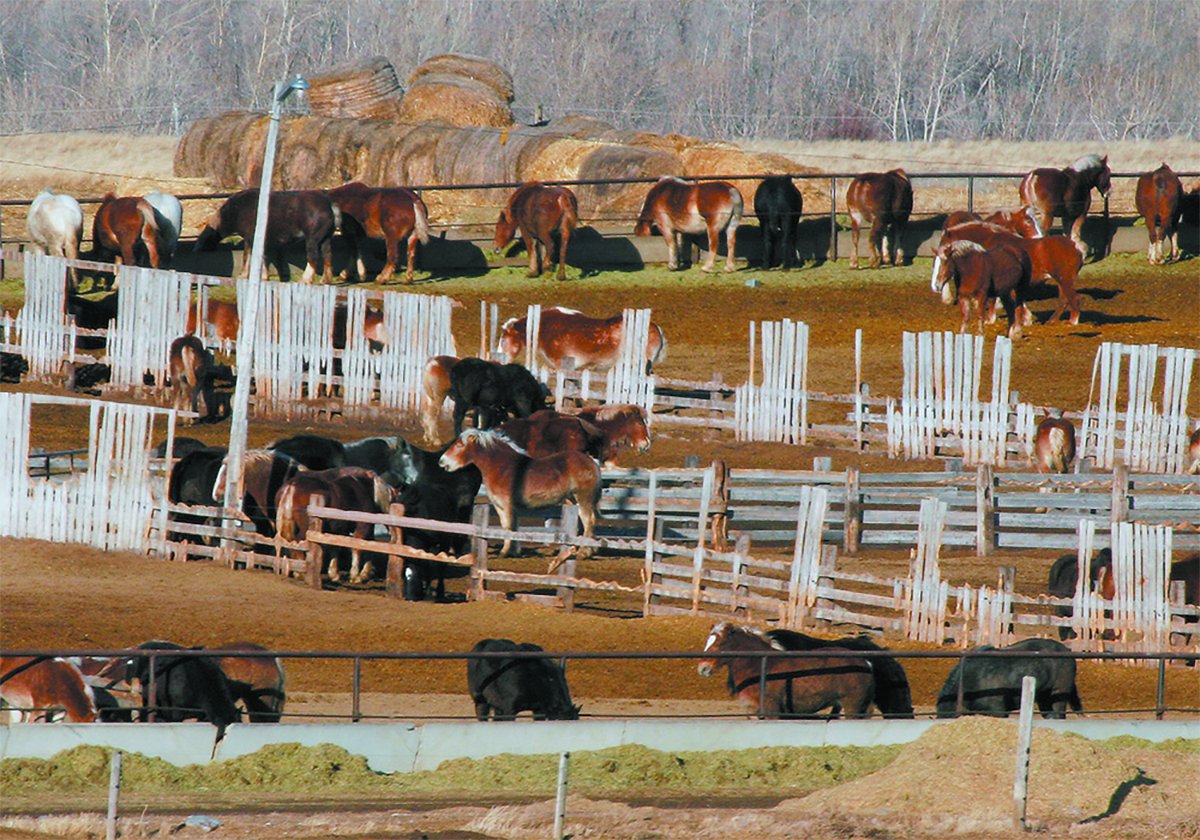PONOKA, Alta. – The United States may have overblown its announcements of renewed beef trade with Japan and Taiwan, says the president of the Canada Beef Export Federation.
“The U.S. announcement of their deal with Japan was designed to help an election. It was overblown,” he told 200 producers in Ponoka, on Oct. 28.
There is no time line as to when trade might resume with either country because of a number of unsettled regulatory issues.
It has been a frustrating 18 months for Canada as it struggles for trade change in other countries. While Canadian beef is going to 41 countries including the U.S., it is still shut out of high value markets such as Japan, South Korea and Taiwan.
Read Also

Canada’s slaughter horse industry lacks transparency
The lack of clear reporting and public access to data keeps the industry largely hidden, leaving questions about humane treatment and traceability unanswered.
The Japanese framework agreement outlines what is required of exporters, but there is no guarantee how long regulatory change might take in Japan, where extensive public consultation is the norm.
The Japanese want all specified risk materials, including brains, eyeballs and nerve tissue, removed from all animals before processing. It is willing to waive BSE testing on animals younger than 21 months. These stipulations apply equally to Canada and the U.S.
“The government of Japan doesn’t want to pay for 100 percent testing of all its animals in the long term,” Haney said.
Voluntary testing may continue and the Japanese government has agreed to pay for domestic animals to be tested for three years.
The U.S. Meat Export Federation reports that in 2003, American beef and beef variety meat exports to Japan reached 375,993 tonnes, an increase of 13 percent from the previous year and a notable recovery from the Japanese BSE crisis of 2001. Canada shipped nearly 20,000 tonnes in 2002 and 7,500 tonnes in 2003 before BSE stopped trade.
As for Taiwan, no details are available on what might be required to restart beef trade. Canada was not included in this agreement because Taiwan has declared U.S. beef provisionally free of BSE.
The meat export federation said a delegation of Taiwanese officials would arrive in the U.S. Nov. 10 for on-site inspection of major plants and implementation of BSE measures.
In 2003, the U.S. exported 19,225 tonnes of beef to Taiwan while Canada exported 3,600 tonnes in 2002 and 1,900 in 2003.
Negotiations continue in other Asian markets. Hong Kong officials are in Canada reviewing two beef plants; one in the West and one in the East.
Hong Kong dismissed U.S. claims of being provisionally BSE free because it believes the beef system is fully integrated in North America with the movement of live animals, beef and feeds.
An export anomaly for Canada has been the principality of Macau, where all products are accepted.
By the end of the year, it will have accepted 5,000 tonnes of Canadian beef, mostly for transhipment to neighbouring Hong Kong.

















